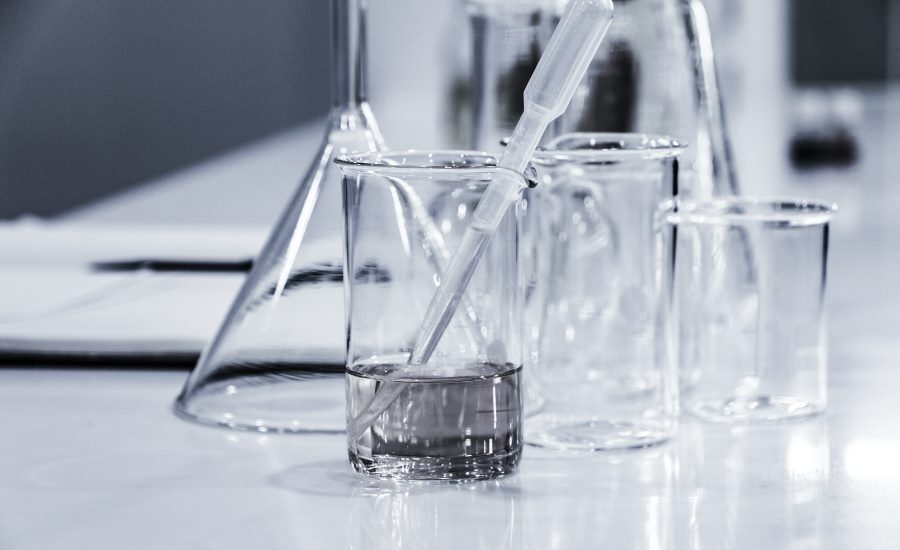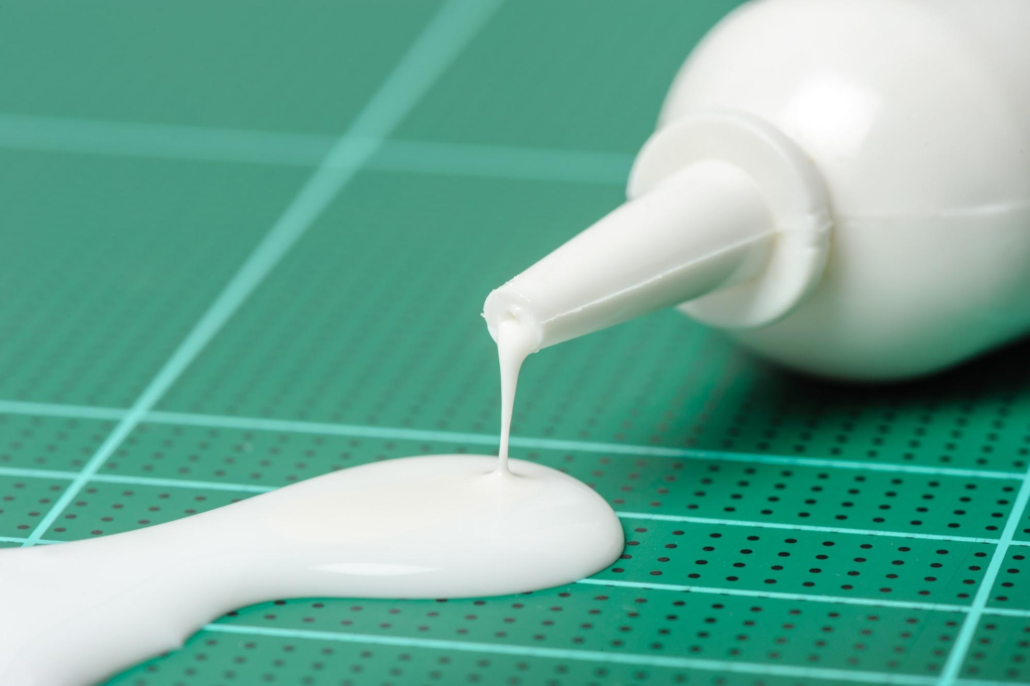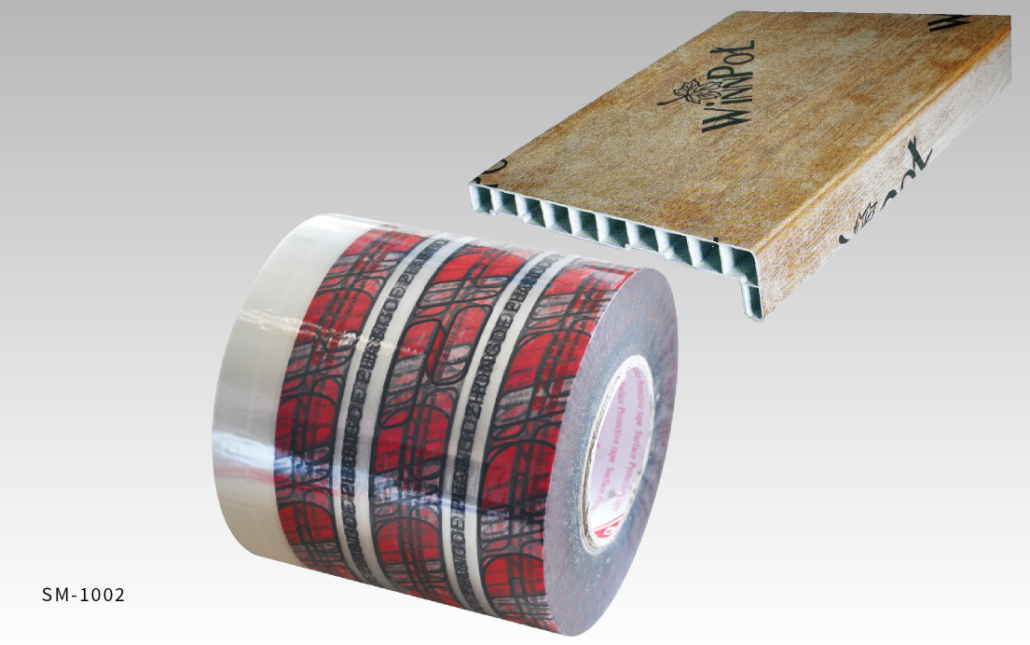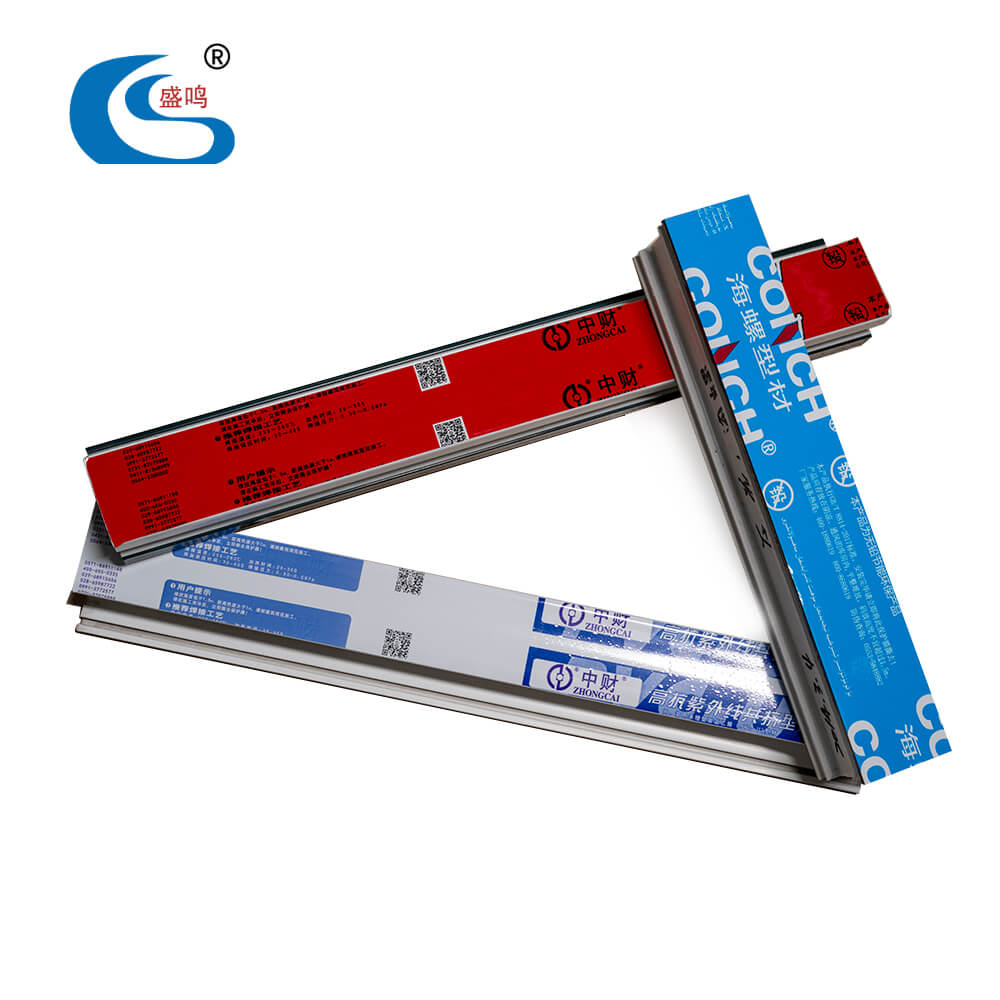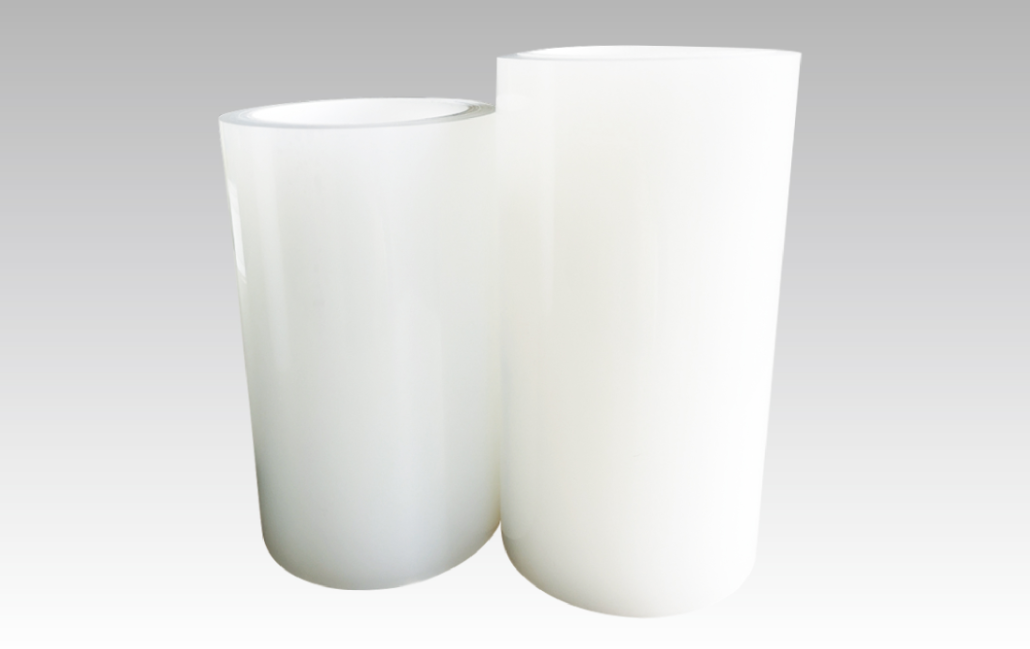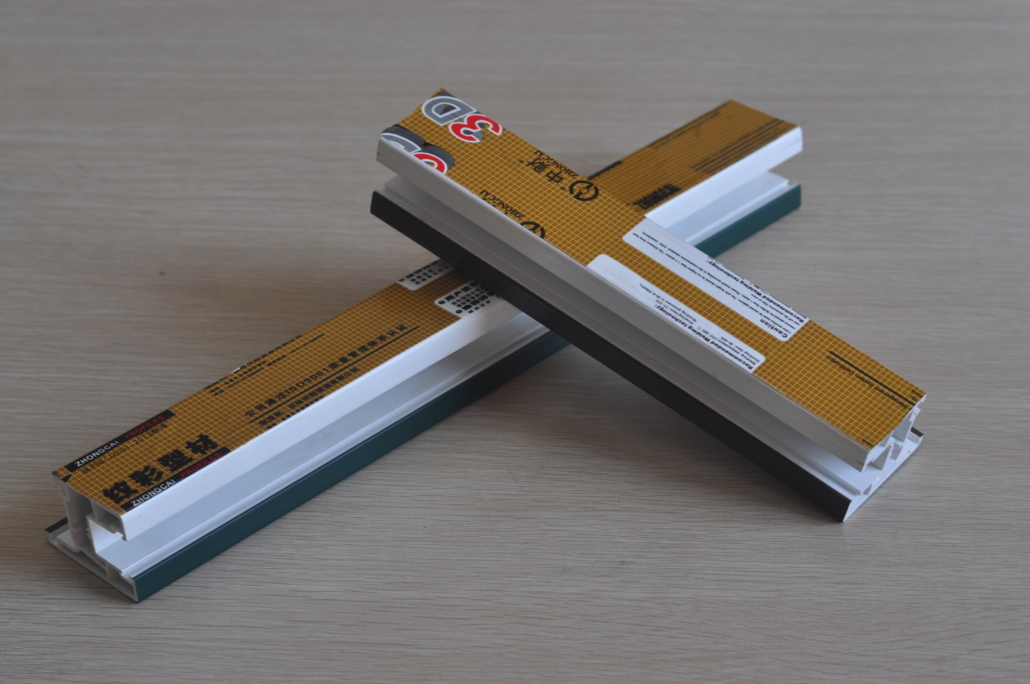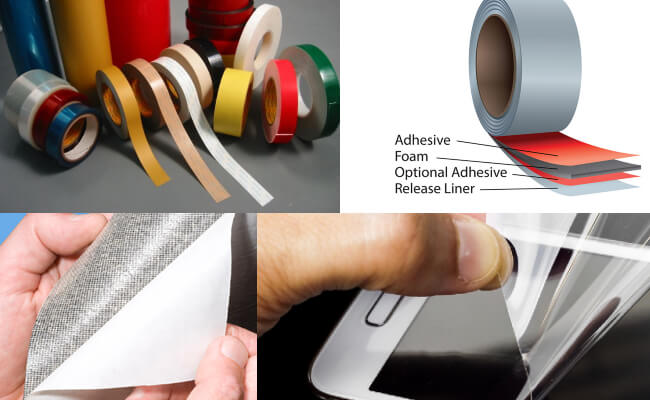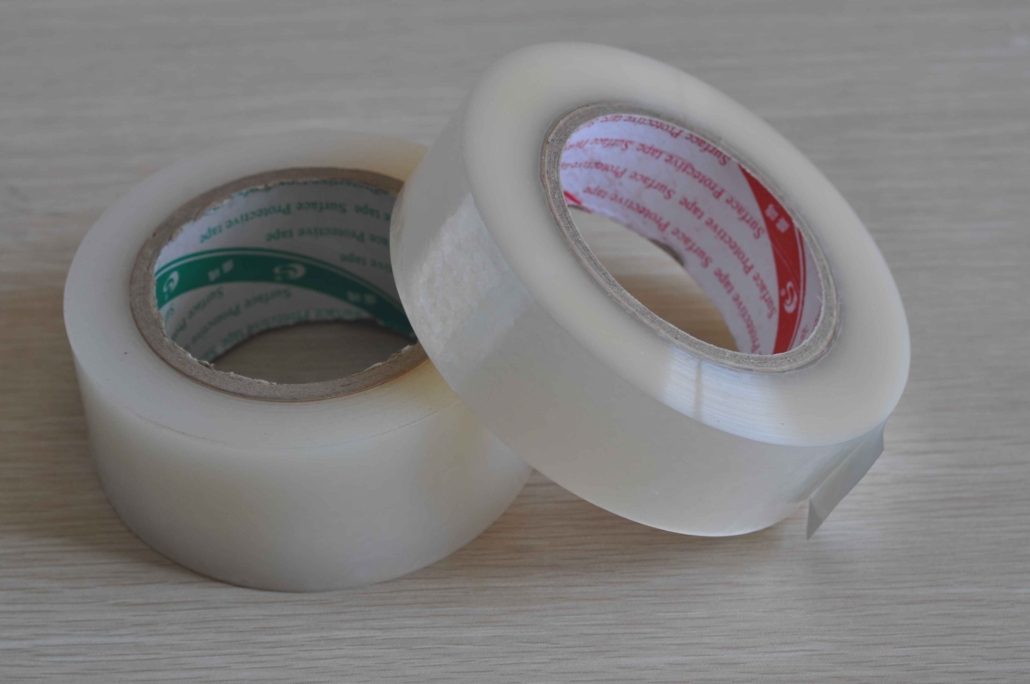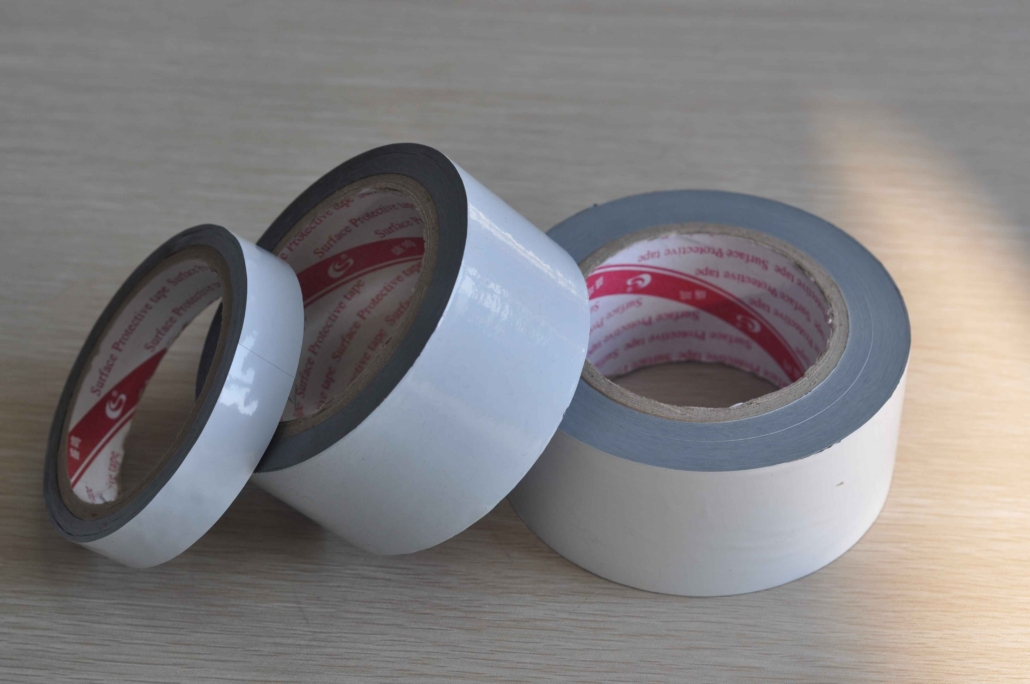Ultraviolet curing silicone pressure-sensitive adhesive is a special type of pressure-sensitive adhesive that uses ultraviolet (UV) radiation to initiate the curing process of the silicon-based pressure-sensitive adhesive. This adhesive combines the properties of silicone compounds with the benefits of UV curing technology for fast curing, high performance, and versatility.
The following are some features and applications of UV-cured silicone pressure-sensitive adhesives:
Features:
- Fast curing: UV-cured silicone pressure-sensitive adhesives can be cured by UV radiation in a very short time, forming a strong adhesive force within seconds.
- High performance: Silicone compounds give the adhesive high temperature, chemical, and weather resistance, making it suitable for a variety of environmental conditions.
- Transparency: Since UV radiation can penetrate transparent substrates, this adhesive usually performs well in applications such as scotch tape, stickers, etc.
- Adaptability: It can be used on different types of substrates, including plastic, metal, glass, etc.
- Environmentally friendly: The UV curing process usually does not involve the release of volatile organic compounds, making it more environmentally friendly.
Application field:
- Transparent material bonding: suitable for the bonding of transparent plastic, glass, and other materials, such as transparent labels, stickers, etc.
- Electronic product manufacturing: It can be used to glue electronic components, display screens, touch screens, etc.
- Medical devices: In the medical field, UV-cured silicone pressure-sensitive adhesives can be used for the preparation of medical tape, medical device bonding, etc.
- Industrial applications: Used for industrial tapes, labels, sealants, etc.
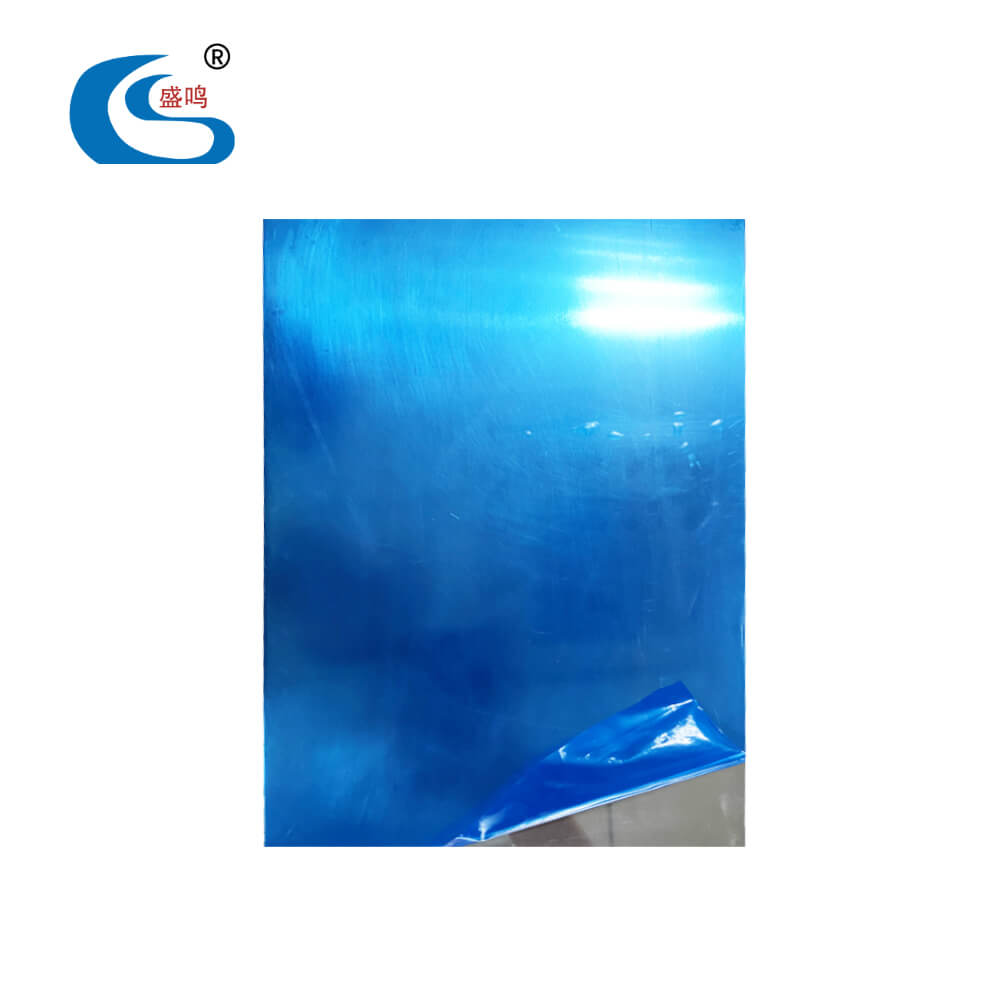
It is important to note that when using UV-cured silicone pressure-sensitive adhesives, it is necessary to ensure the correct UV-curing equipment and conditions to ensure that the adhesive can fully cure and obtain the desired properties. Different applications may require different formulations and UV curing parameters, so experimentation and testing are required before use.
If you are interested in our products, please feel free to contact us.

